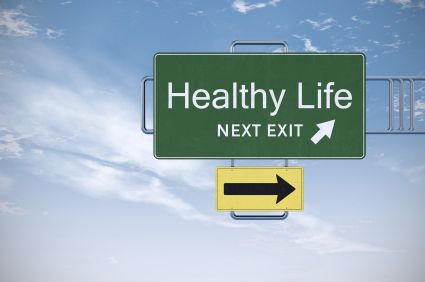Vegetable Protein

Vegetable Protein
The major nutritional concern for those pursuing a vegetarian diet is getting enough good quality protein. Scientifically speaking, proteins are organic compounds made up of building blocks called “amino acids.” There are about 20 common amino acids. Nine of them are considered “essential” because the body cannot make them, and therefore, they must be supplied by the food you eat.
Complete vs. Incomplete
Foods that contain all of the essential amino acids are called “complete proteins.” These complete protein foods are generally animal foods. Plant foods do not, as a rule, have complete proteins, but by eating combinations of plant foods, called “complementary proteins,” you can obtain a complete protein.
For example, when you eat beans with rice, such as is often found in Mexican cuisine, you are obtaining a complete protein. The beans and rice complement each other, in that each has some of the essential amino acids and when eaten together, they provide all of the essential amino acids.
Eat plant proteins from a variety of sources
It is now generally accepted by scientists that it is not necessary to eat these complementary proteins at the same meal. However, vegetarians do need to eat a varied diet of high quality plant foods in order to get enough of the amino acids your body needs to have a good supply of complete proteins.
Here is a quick list of vegetarian protein sources, including non-meat animal sources for your information along with some recipes for you to try.
Click here for a printable copy of this list.
Vegetable Protein (and other Non-Meat Sources)
1. Pinto Beans, Kidney Beans, Black Beans, Soybeans, Navy Beans, Garbanzo Beans-----Recipe:
Vegetarian Chili
2. Split peas, Lentils-----Recipe:
Lentil Soup
3. Peanut Butter-----Recipe:
Peanut Butter Fudge
4. Tofu, Tempeh-----Recipe:
Tofu Sloppy Joes
5. Walnuts, Almonds, Pecans, Brazil nuts---Recipe:
Meatless Meatballs
6. Brown rice, Whole Wheat, Oats, Barley---Recipe:
Baked Vegetables with Brown Rice
7. Pumpkin seeds, Sesame Seeds, Tahini, Flax Seed, Chia Seed
8. Peas, Kale, Okra
9. Dairy products (for lacto-ovo and lacto-vegetarians)
10.Eggs (for lacto-ovo vegetarians)
A serving of protein
For plant-based sources, a serving of protein, which is 2 cups cooked legumes or rice, or 2 Tablespoons of seeds, nuts, peanut butter, or other nut butters, is equivalent to only about 1/3 of the protein in a serving of meat.
Tempeh and tofu can also be included in this group with a serving size of about 4 oz. Based on this information, vegetarians—particularly vegans—should include six to nine servings of a variety of plant-based protein foods in their diet each day.
Thus, if you include two servings of a variety of plant-based protein with each meal—breakfast, lunch and dinner—and a serving with a snack or two each day, you will easily provide enough protein for your body’s needs.
When you consider all of the varieties of nuts, seeds, nut butters, beans, whole grains and even meat analogs available, it should not be difficult to find your six to nine servings of plant-based protein each day.

